Born in 1927, Sidney Poitier grew up in the small village of Cat Island, Bahamas. His father, a tomato farmer, moved the family to the capital Nassau, when Poitier was eleven. It was there that he first encountered cinema.
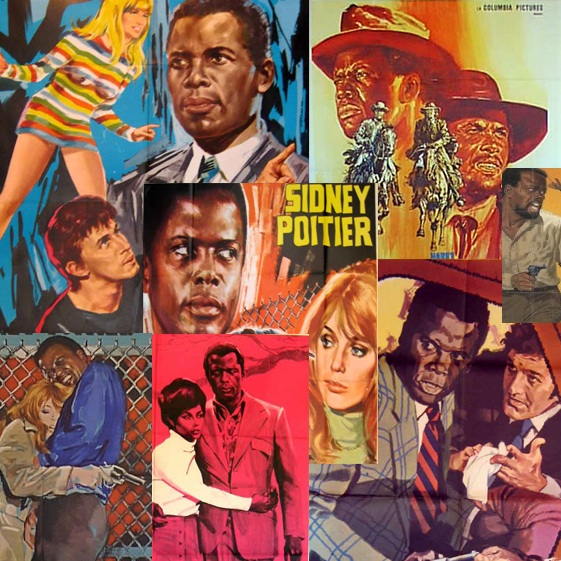
Even at a young age Sidney recognized the ability of cinema to expand one’s view of reality. At the age of sixteen, Poitier moved to New York and found a job as a dishwasher. Soon after, he began working as a janitor for the American Negro Theater in exchange for acting lessons.
While working at the American Negro Theater, Poitier was given the role of understudying Harry Belefonte in the play Days of our Youth. Filling in for Belefonte one night, Poitier made his public debut. This led to a small role in the Greek comedy Lysistrata. Though nervous and unsure of his lines, Poitier was a big hit. He continued to perform in plays until 1950, when he made his film debut in No Way Out. No Way Out, a violent tale of racial hatred, made him a hero back home in the Bahamas. The colonial government deemed it too explosive and censored it.
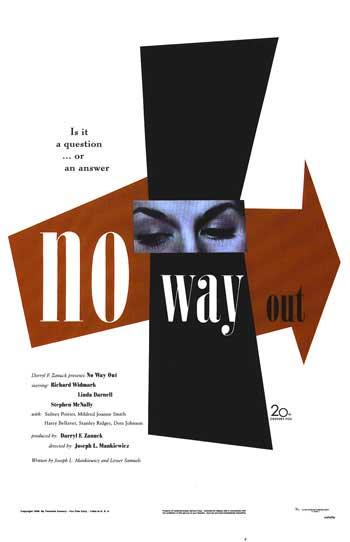
No Way Out – 1950
Throughout the fifties, Poitier made some of the most important and controversial movies of the time. Addressing issues of racial equality abroad, he made Cry, The Beloved Country, about apartheid in South Africa. He later took on problems closer to home in Blackboard Jungle and The Defiant Ones. This film was about two escaped prisoners who must overcome issues of race in their struggle for freedom. For his role in The Defiant Ones, Poitier was nominated for an Academy Award. Sidney made several films during this period and some of his other great works included Go Man Go!, Edge of the City, Mark of the Hawk and Porgy and Bess.
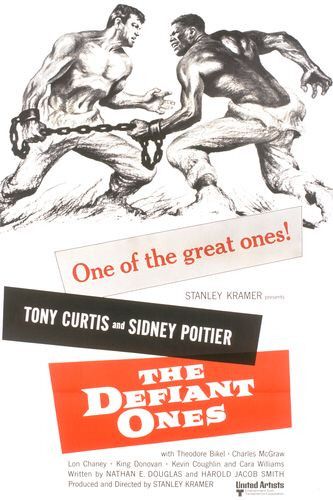
The Defiant Ones – 1958

Porgy And Bess – 1959
In 1959, Poitier returned to the stage with a stirring performance of Walter Lee in Lorraine Hansberry’s play “A Raisin in the Sun,” the first play by a Black playwright to show on Broadway. It was an insightful and moving reflection of Black family life, and it had great popular appeal. Poitier would reprise his role for the Hollywood adaptation in 1961. During this time Poitier starred in Paris Blues, Pressure Point, The Slender Thread, The Long Ships, The Greatest Story Ever Told and The Bedford Incident. It was not until 1963, for his role in Lilies Of The Fields, that the movie industry saluted Poitier with its greatest award. In an era where Martin Luther King, Jr. won the Nobel Prize and Thurgood Marshall was appointed to the Supreme Court, Sidney Poitier was the first Black man to win an Academy Award for Best Actor.

A Raisin In The Sun – 1961
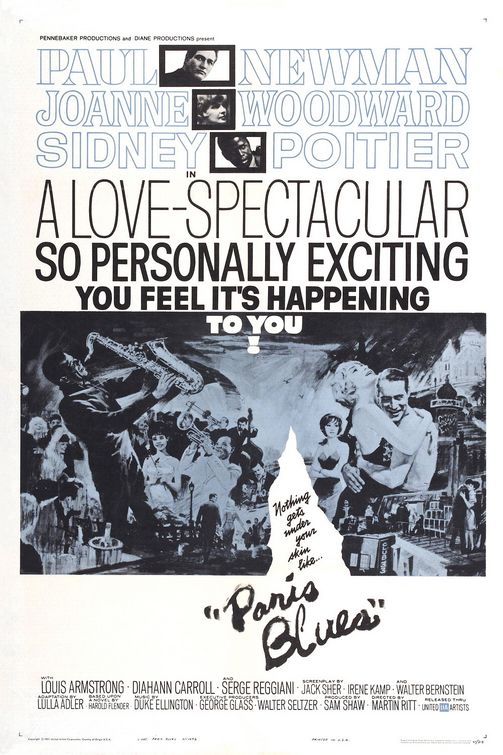
Paris Blues – 1961
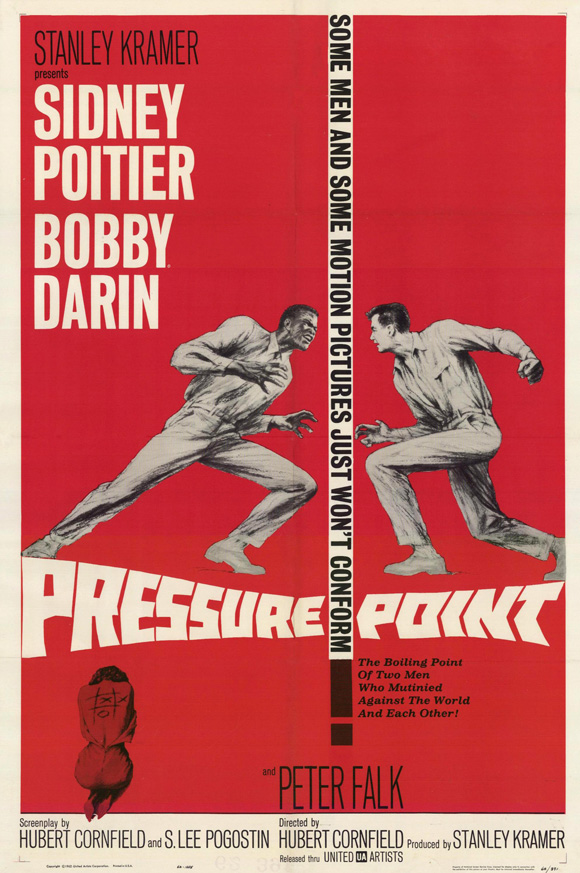
Pressure Point – 1962
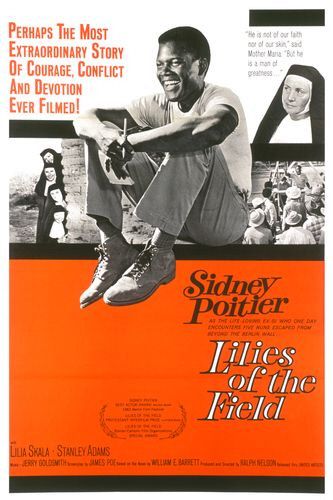
Lilies Of The Field – 1963
The Bedford Incident – 1965
Poitier followed up this triumph with an electrifying performance as a Black detective from the north trying to solve a murder in a southern town in Norman Jewison’s In The Heat of The Night. Having concerned himself with the problems of racial inequality in many of its manifestations, Poitier tackled one of the great taboos of the time. With Patch Of Blue and Guess Who’s Coming To Dinner, he focused on interracial romance. Guess Who’s Coming To Dinner was the first Hollywood movie about interracial romance not to end tragically. By the time of its completion in the late sixties, Poitier was one of Hollywood’s most popular stars. Poitier also starred in The Lost Man, For The Love of Ivy, To Sir With Love and Duel at Diablo.
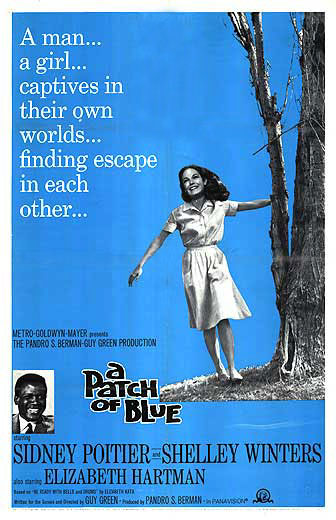
A Patch Of Blue – 1965
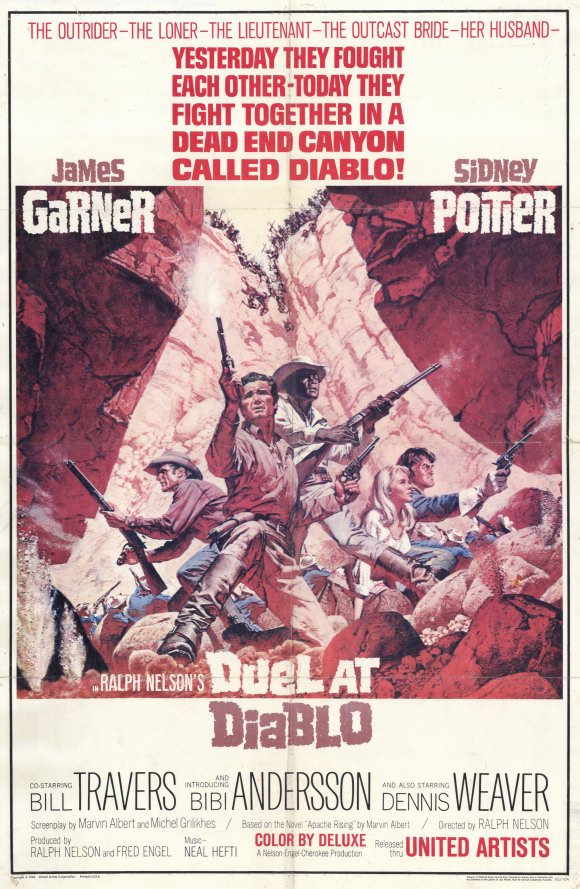
Dual at Diablo – 1966
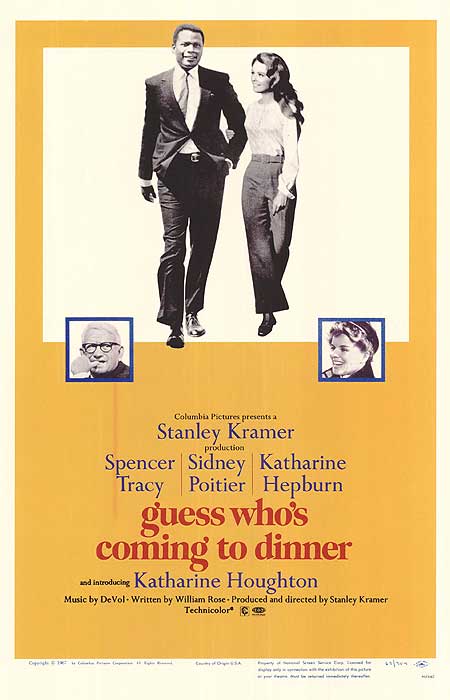
Guess Who’s Coming To Dinner – 1967
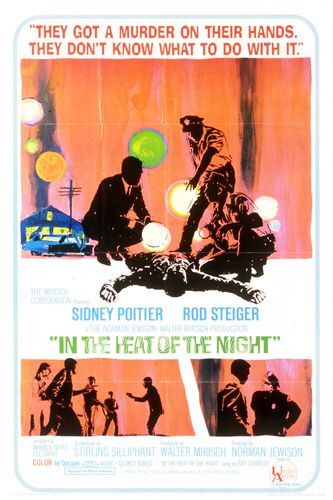
In The Heat Of The Night – 1967
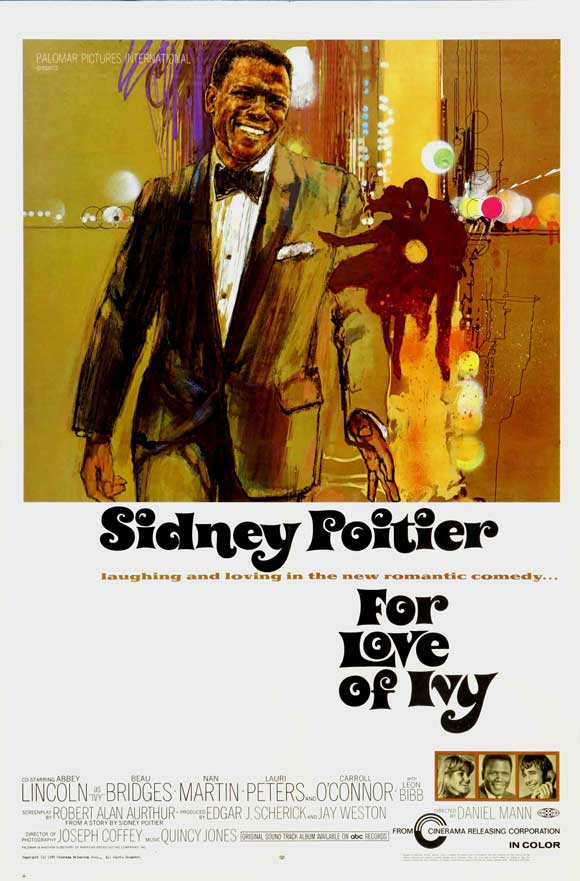
For The Love Of Ivy – 1968
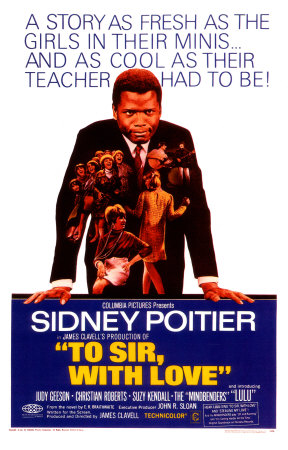
To Sir, With Love – 1968
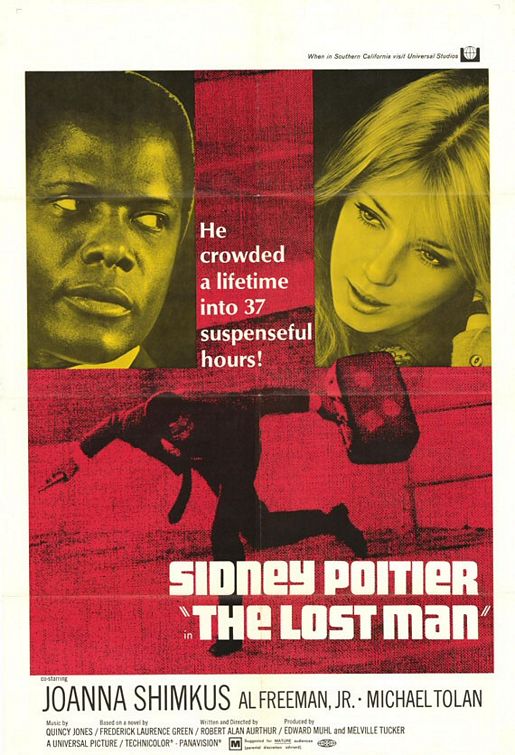
The Lost Man – 1969
During the 1960’s fallout from the assassination of Martin Luther King, Jr. and Malcolm X, Poitier became the target of criticism from segments of the Black community. Accused of being too passive in a scathing article in the New York Times, Poitier retreated to the Bahamas to reassess his life. When he re-emerged in the 70’s, he shifted his energies from acting to directing. Beginning with Buck and The Preacher, Poitier directed a series of highly entertaining films, including A Warm December, Uptown Saturday Night, Let’s Do it Again and A Piece Of The Action. During the 1980’s he directed the hit comedy classic Stir Crazy, starring Richard Pryor and Gene Wilder, Hanky Panky, Fast Forward and Ghost Dad starring Bill Cosby in 1990.
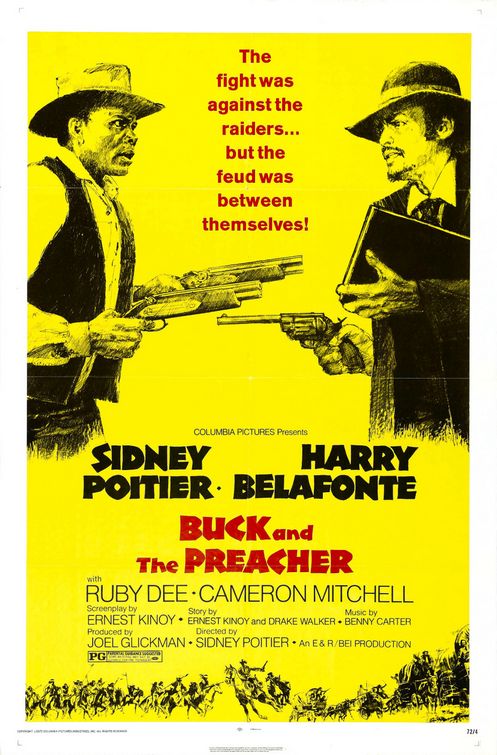
Buck and the Preacher – 1972
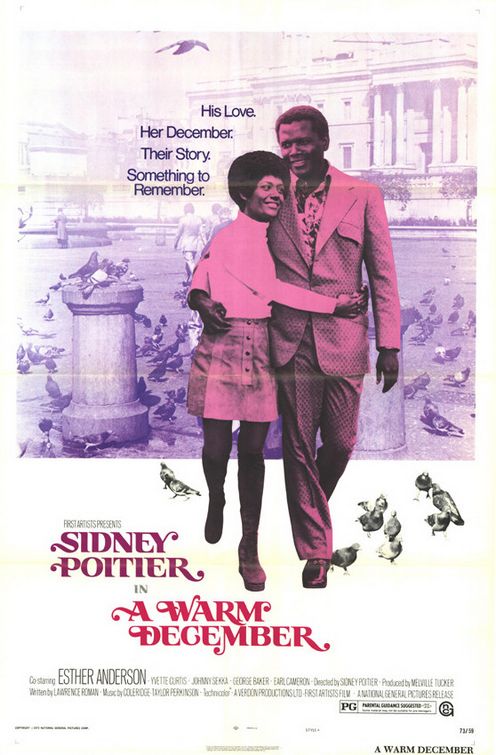
A Warm December – 1973
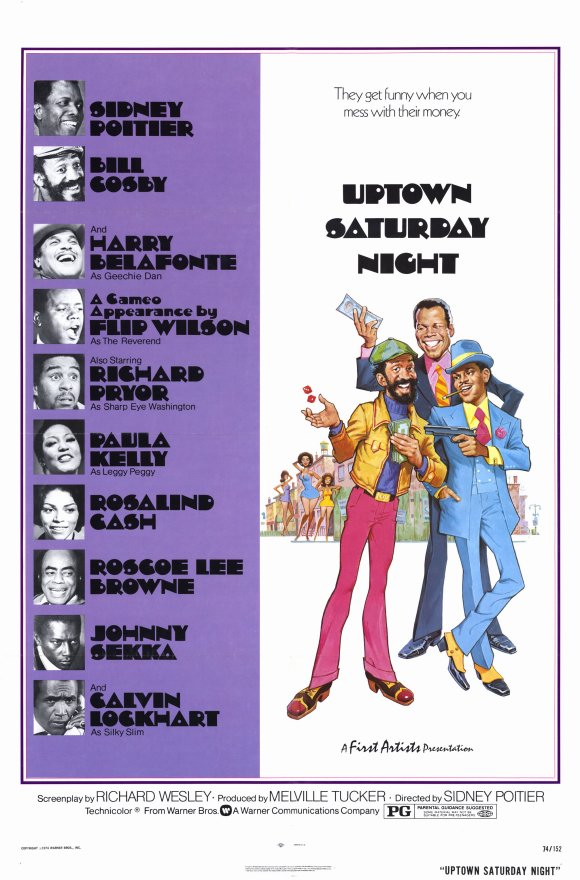
Uptown Saturday Night – 1974
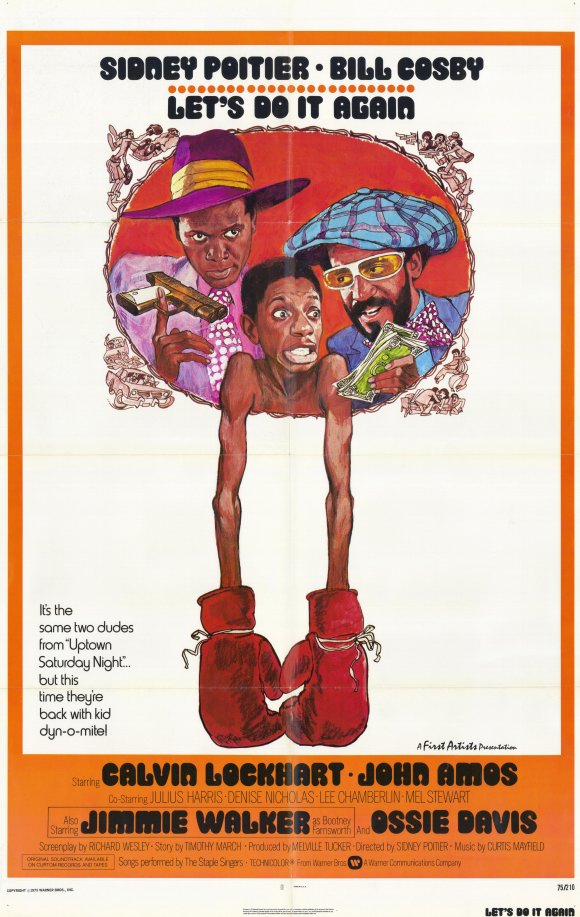
Let’s Do It Again – 1975
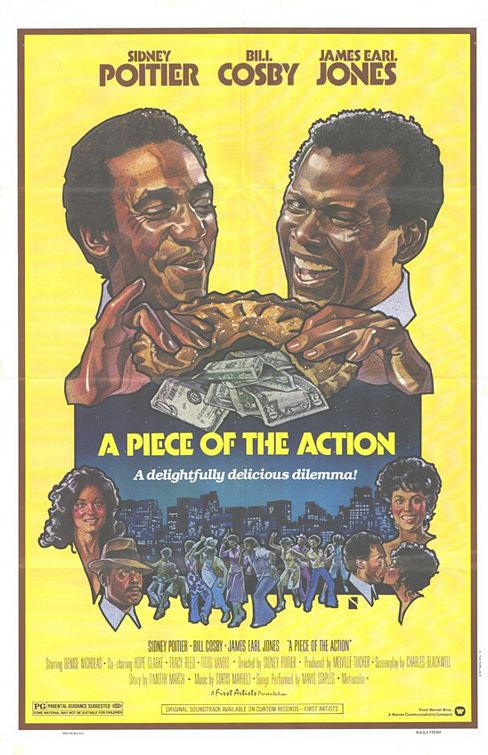
A Piece Of The Action – 1977
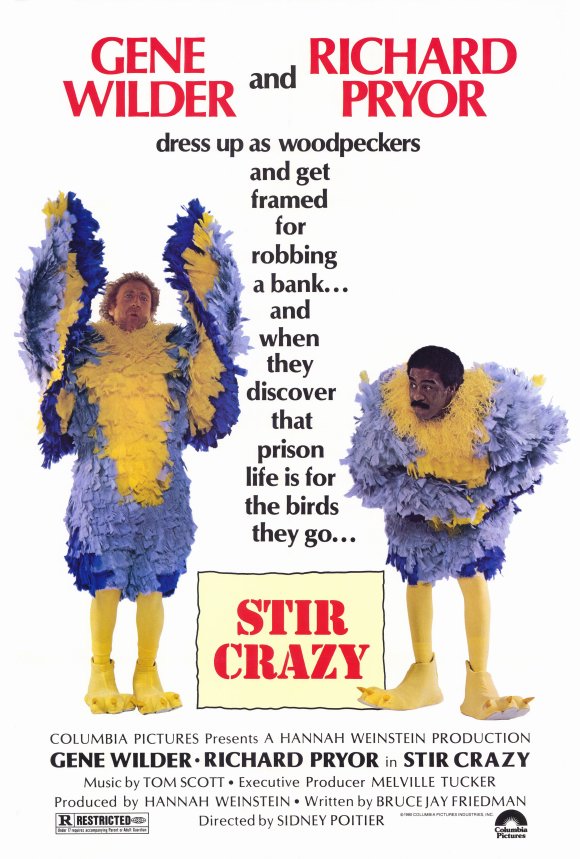
Stir Crazy – 1980
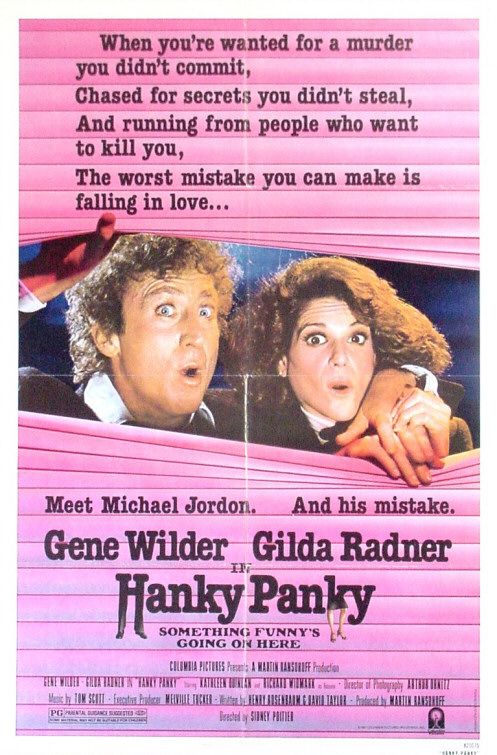
Hanky Panky – 1982
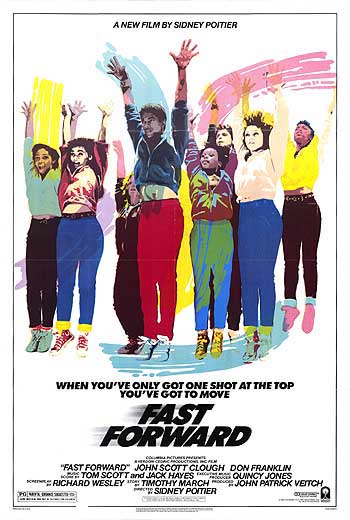
Fast Forward – 1985
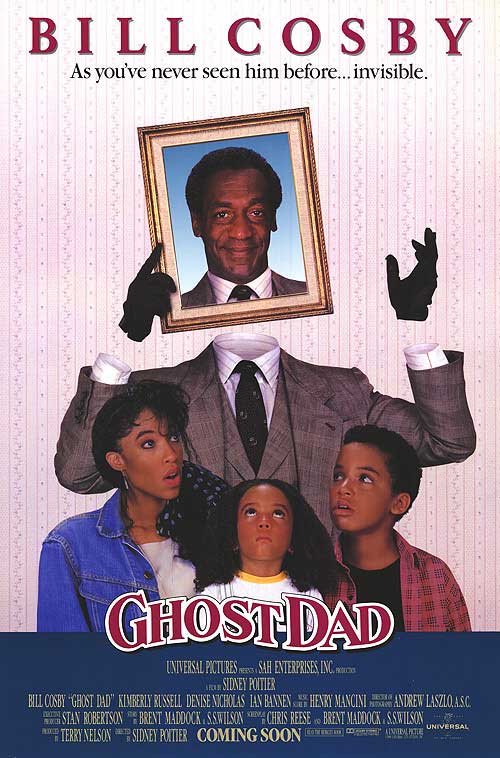
Ghost Dad – 1990
After a decade away from acting, Sidney returned to the screen in 1988 for Shoot to Kill. Returning to apartheid-free South Africa nearly fifty years after Cry, The Beloved Country, Poitier played one of the great heroes for racial equality, Nelson Mandela. In the 1997 television docudrama Mandela and De Klerk, Poitier returned triumphantly to a theme he had dealt with throughout his career. After half a century in show business and fifty-five roles, Sidney Poitier’s indomitable strength and commitment shine through in everything he does: “I was saying to an audience, this is who I am; look at me”.
Below are more posters from films starring Sidney Poitier, which are a part of The Museum Of UnCut Funk collection. Please visit our Sidney Poitier International Poster Exhibition to see more posters from Sidney Poitier films.
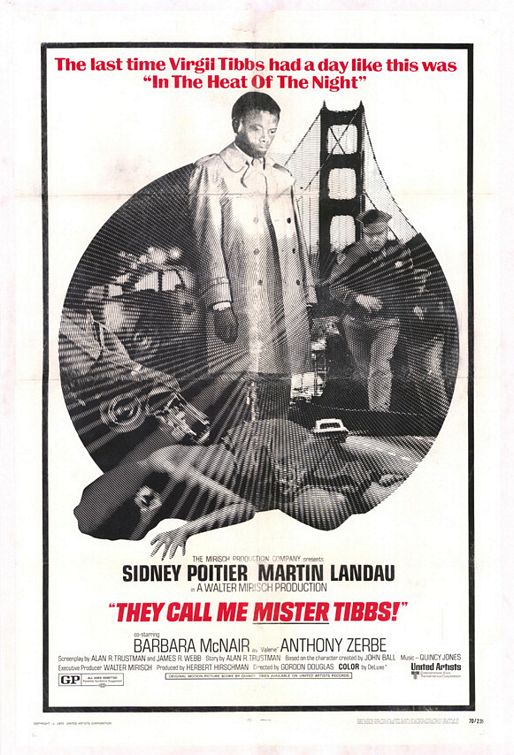
They Call Me Mr. Tibbs – 1970

The Organization – 1971
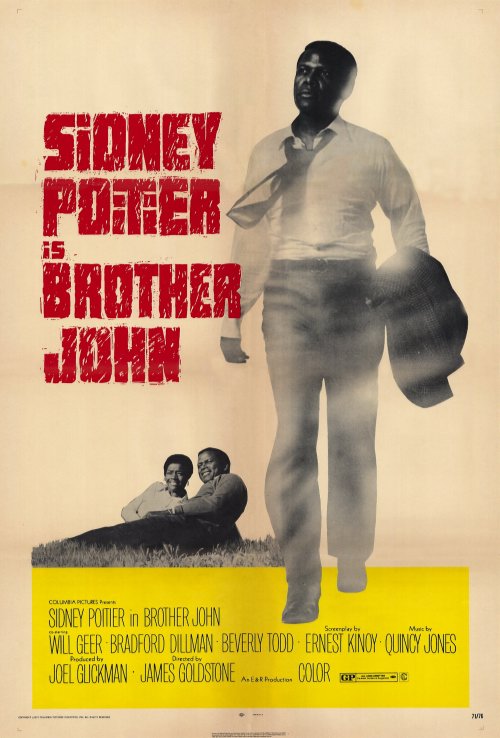
Brother John – 1971
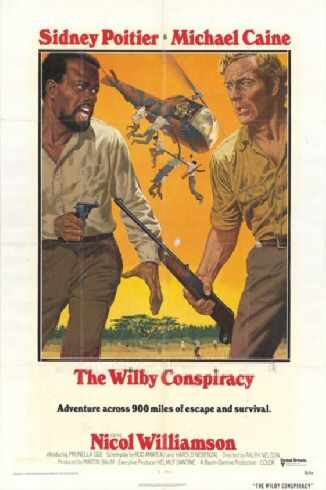
The Wilby Conspiracy – 1975

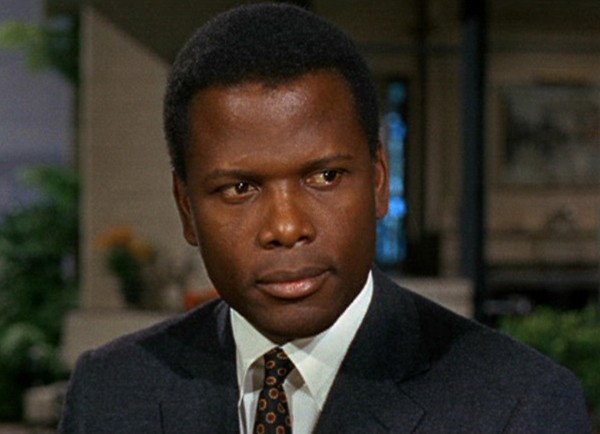


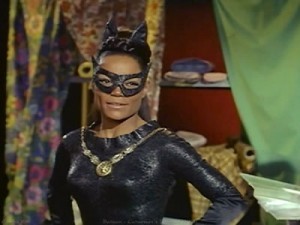

0 Comments